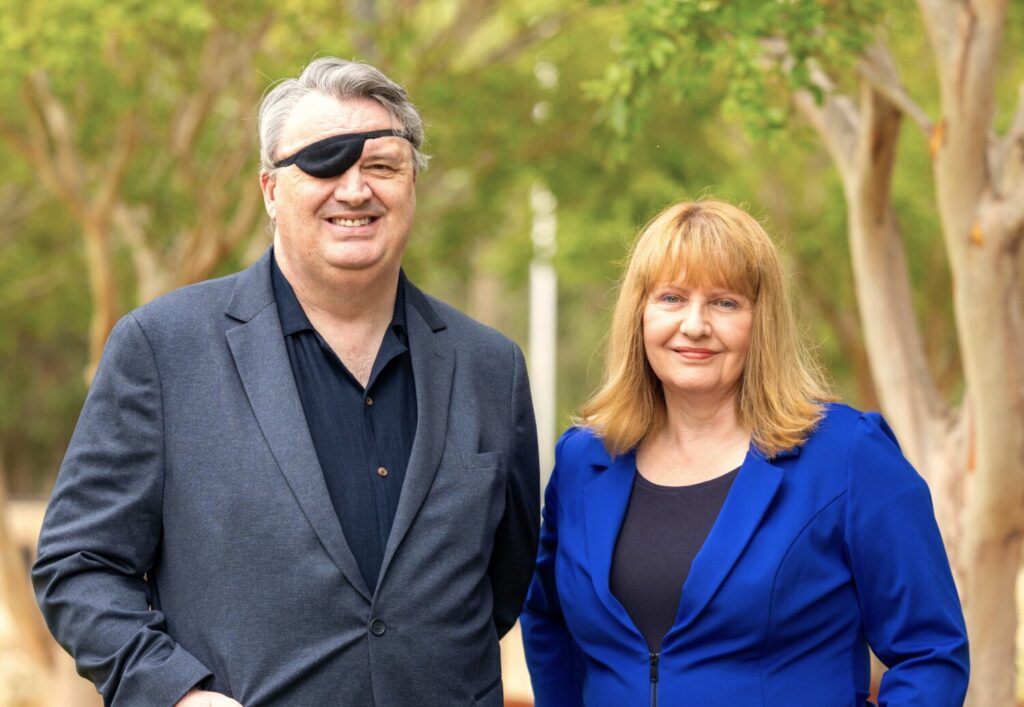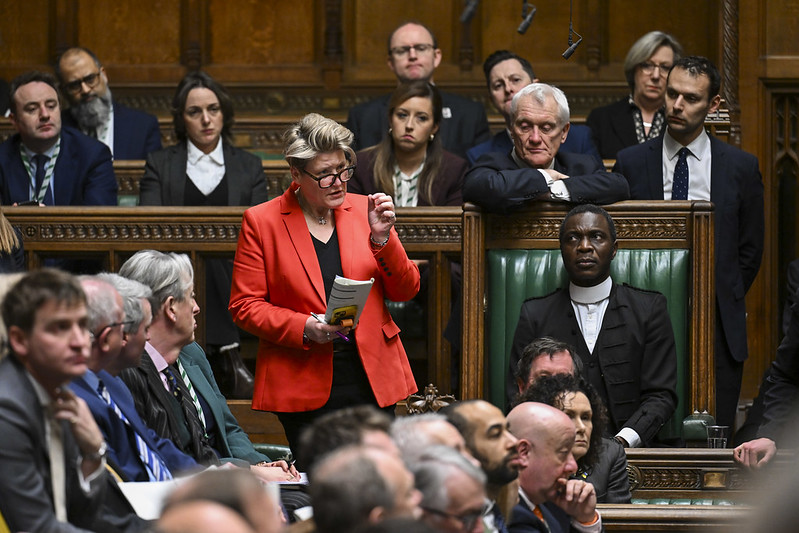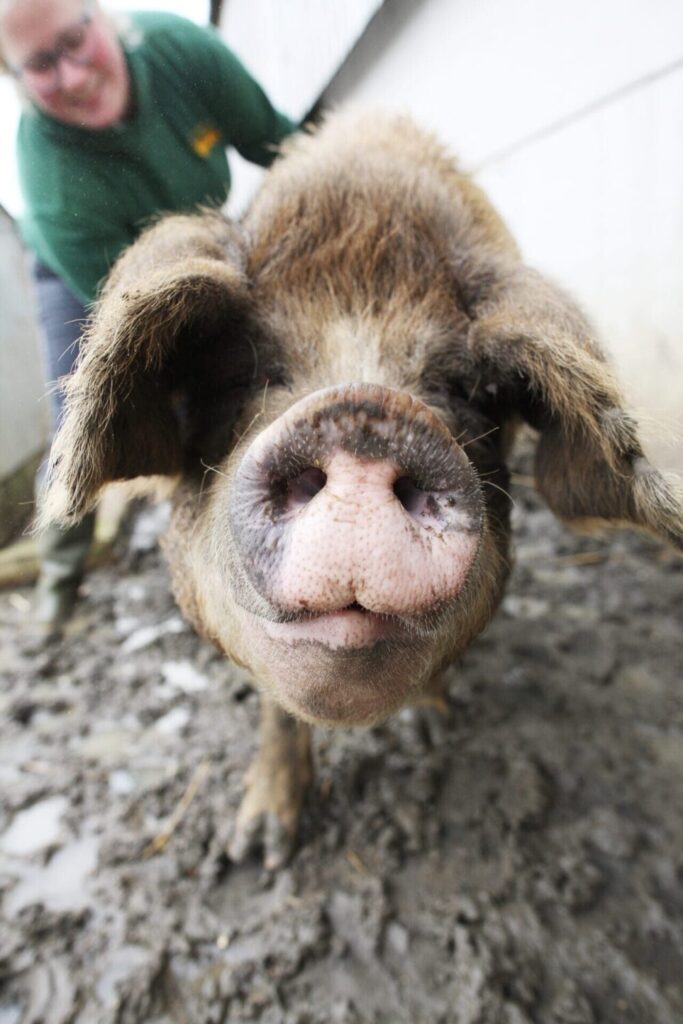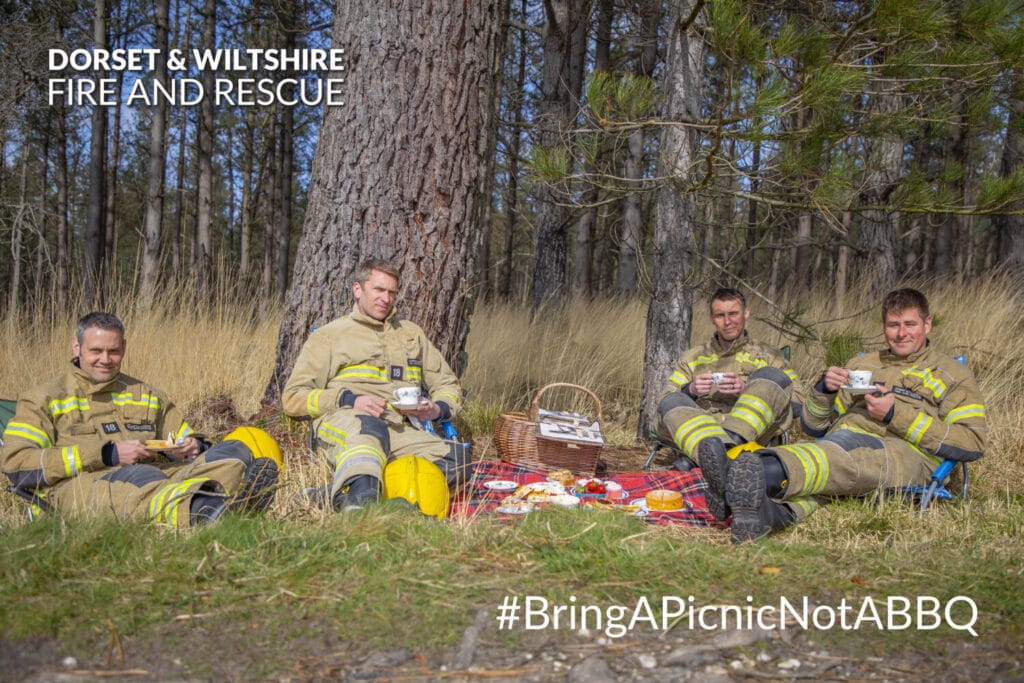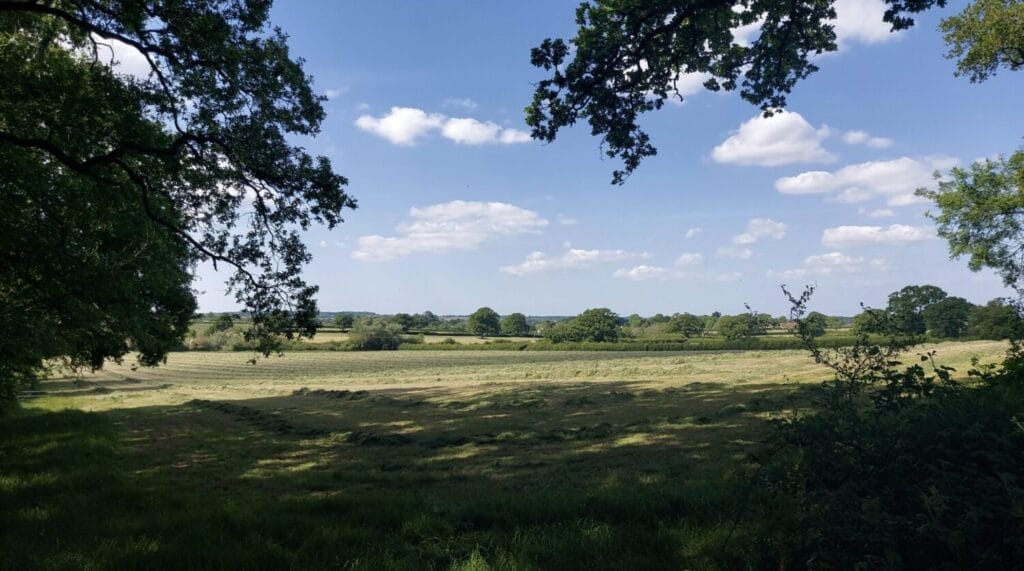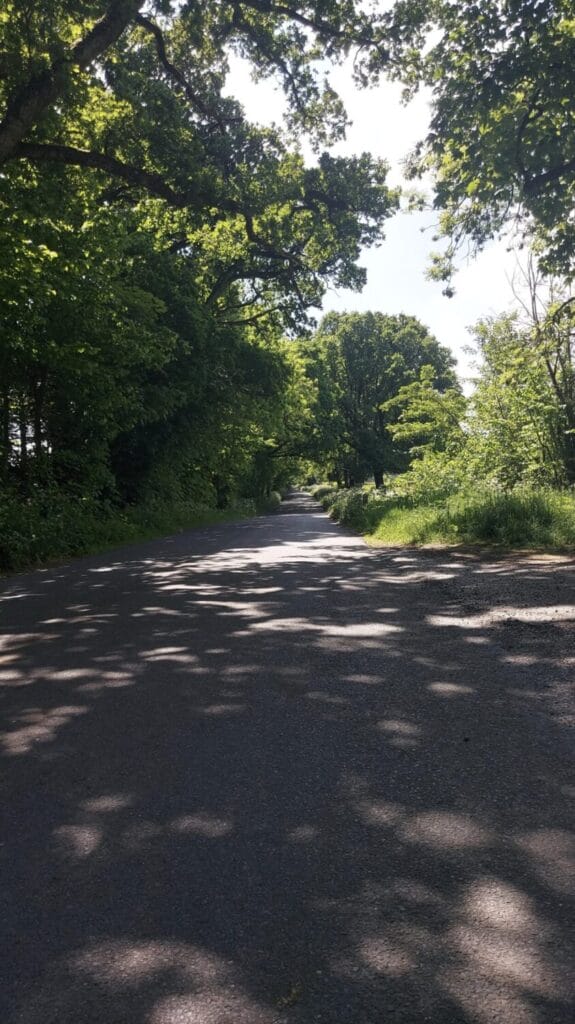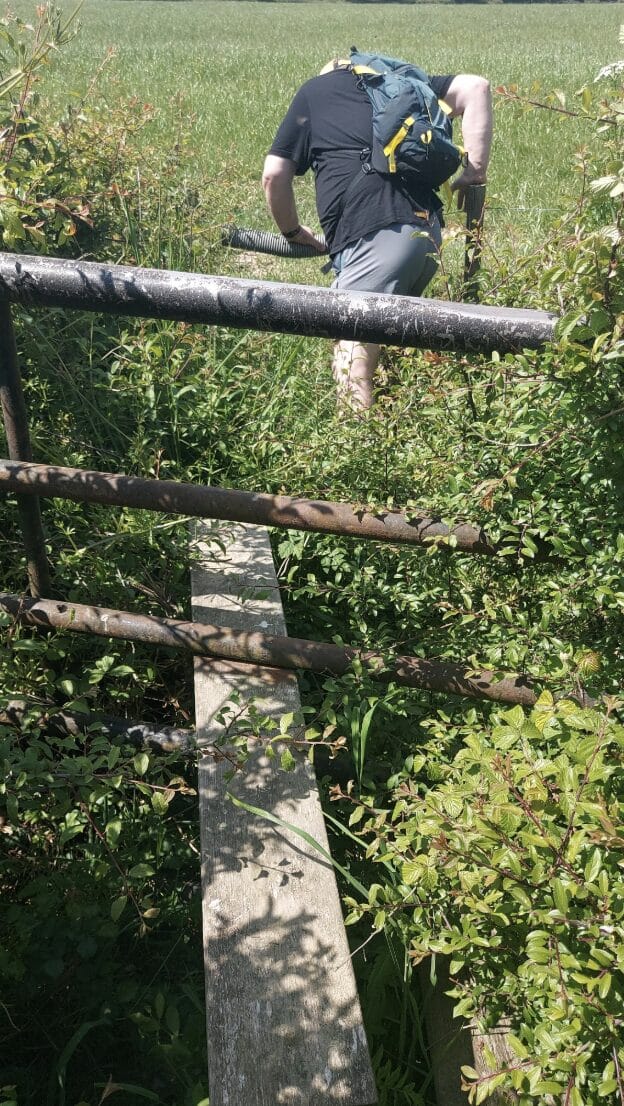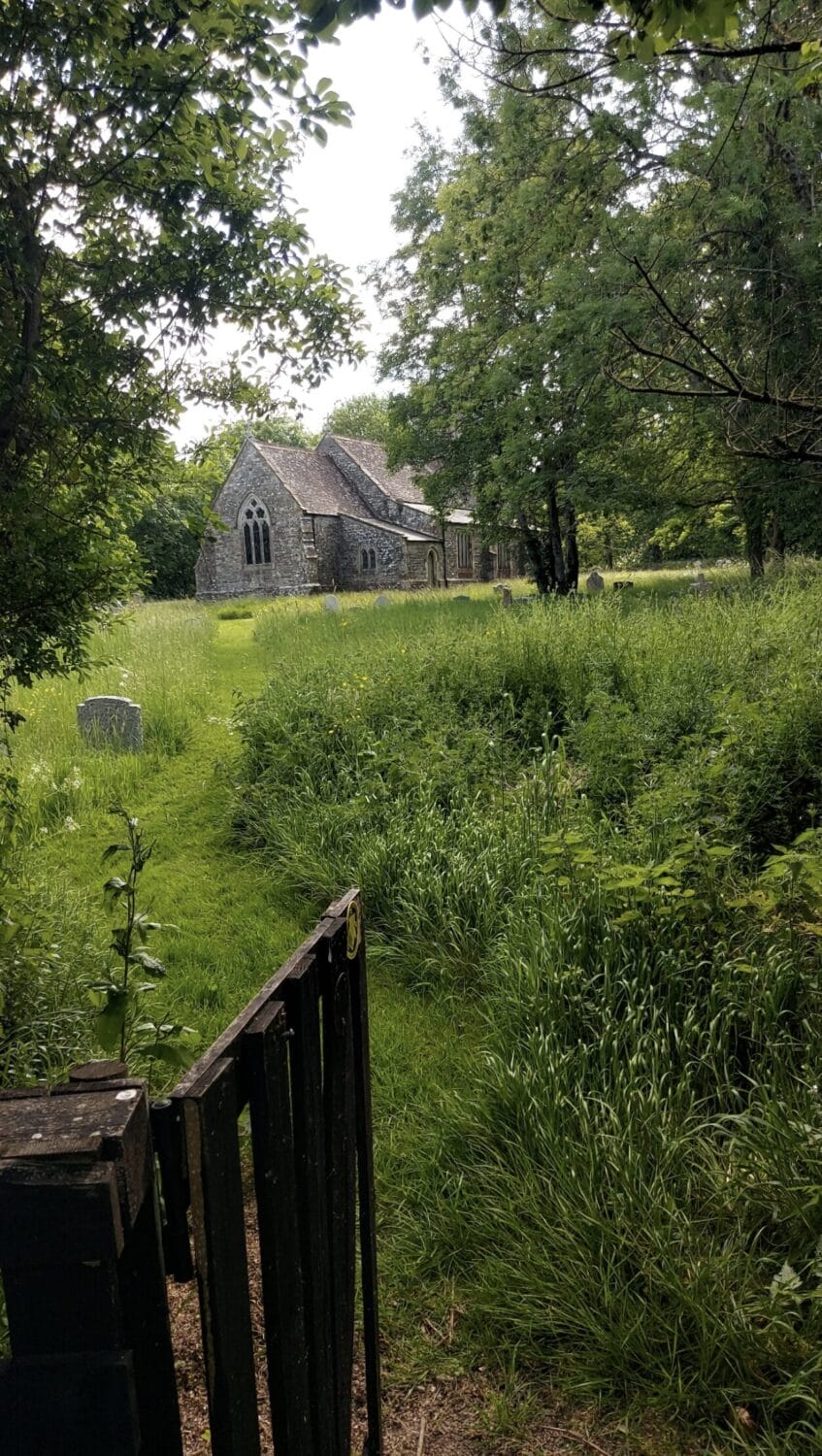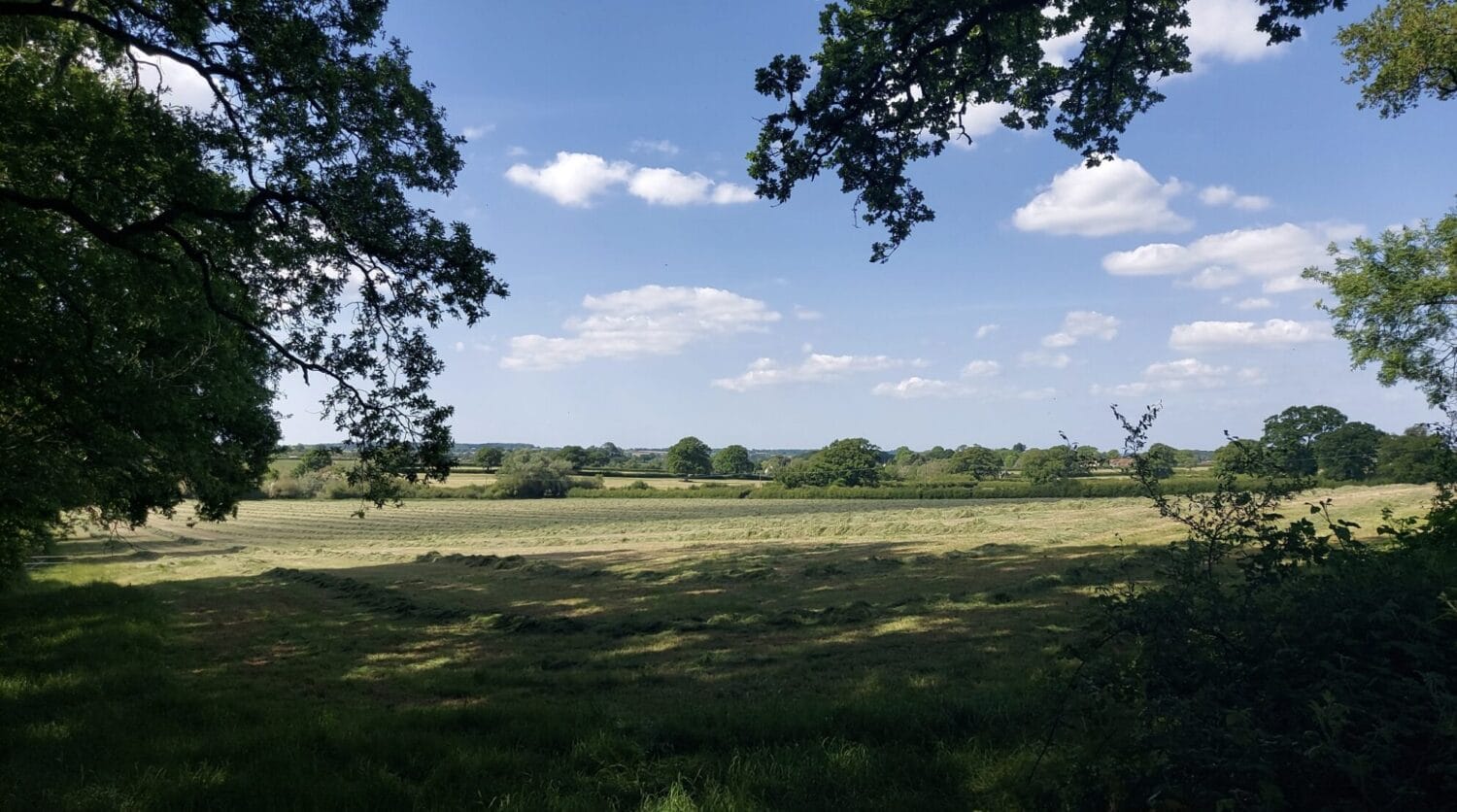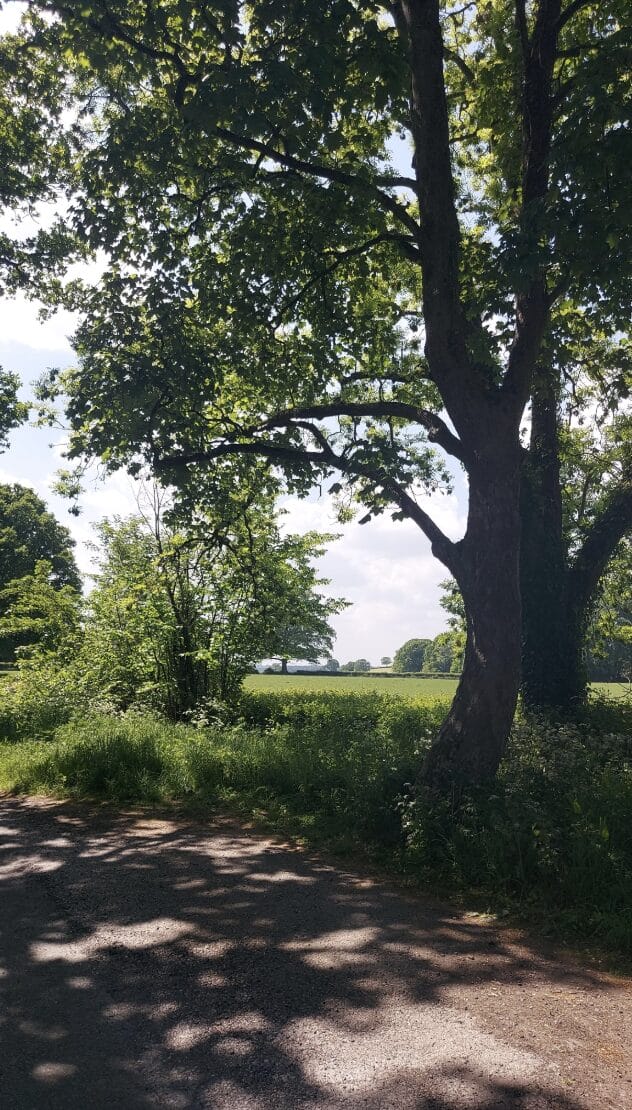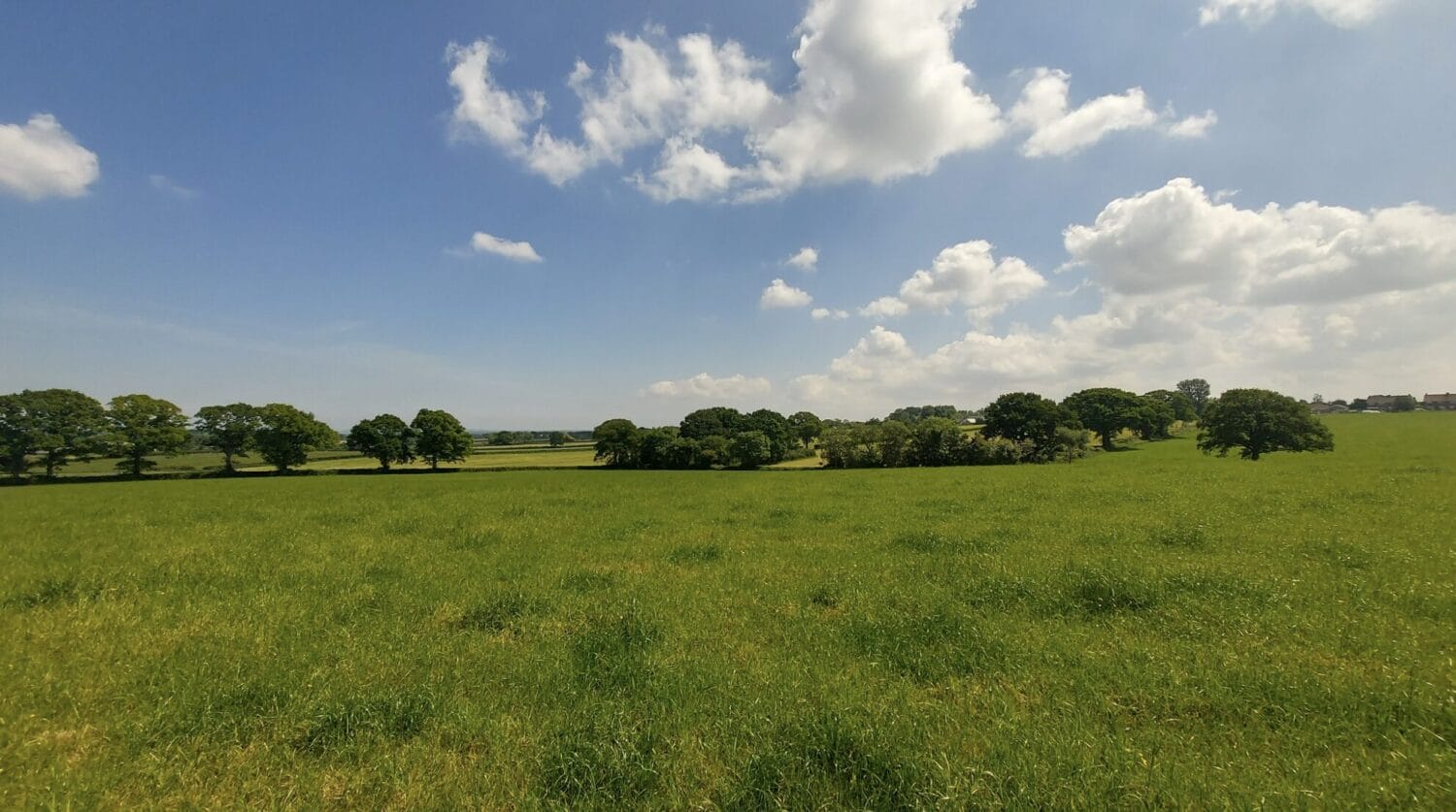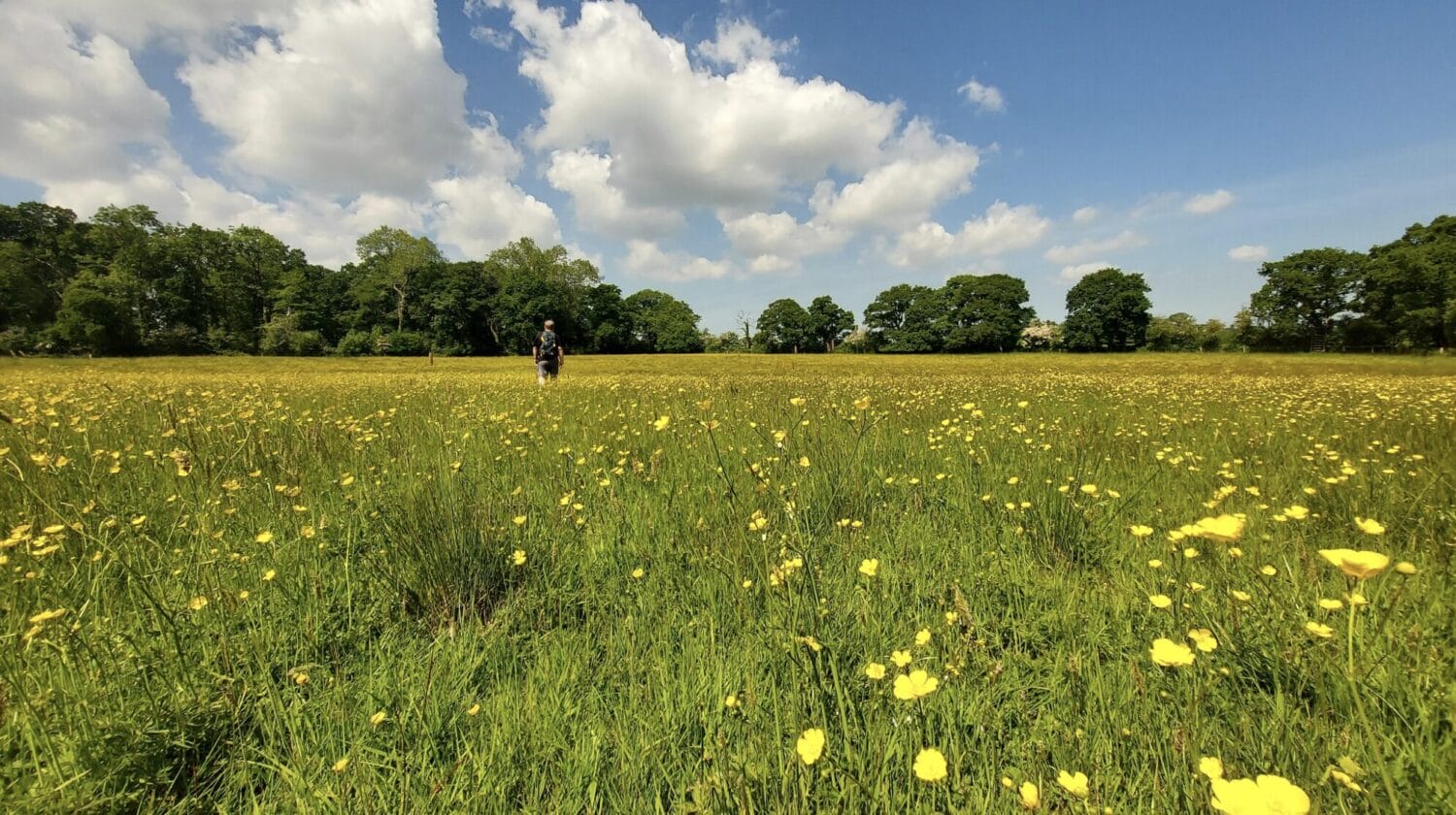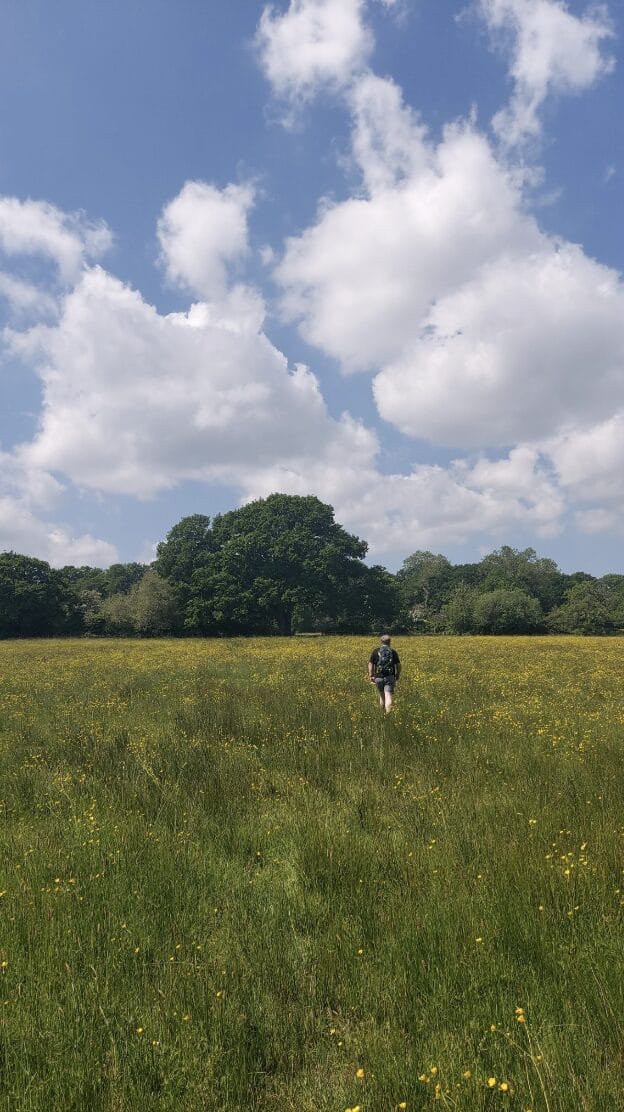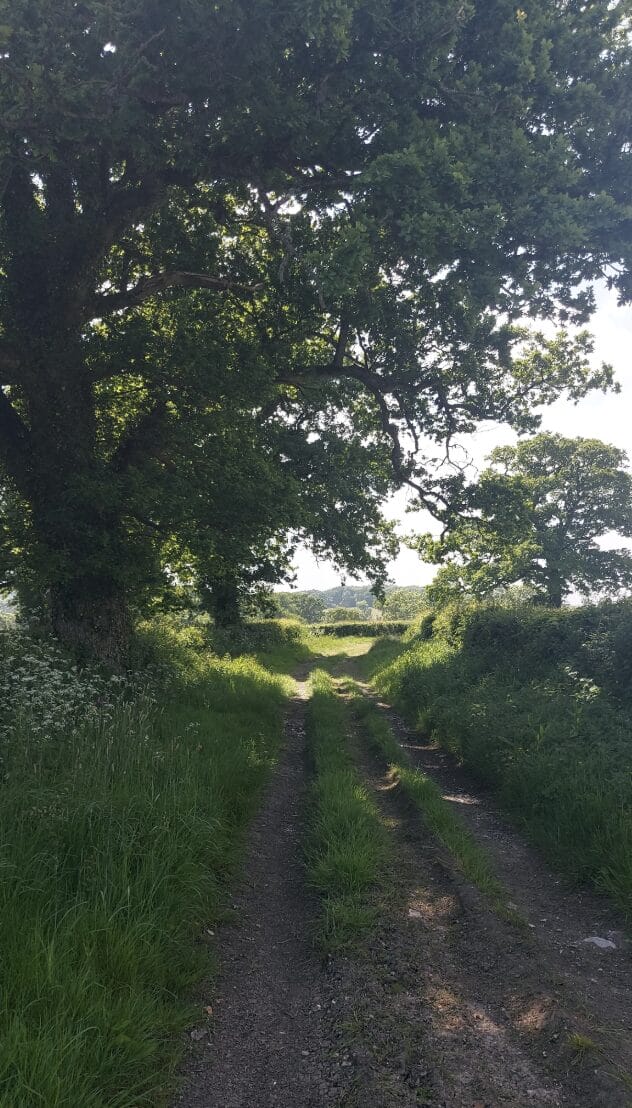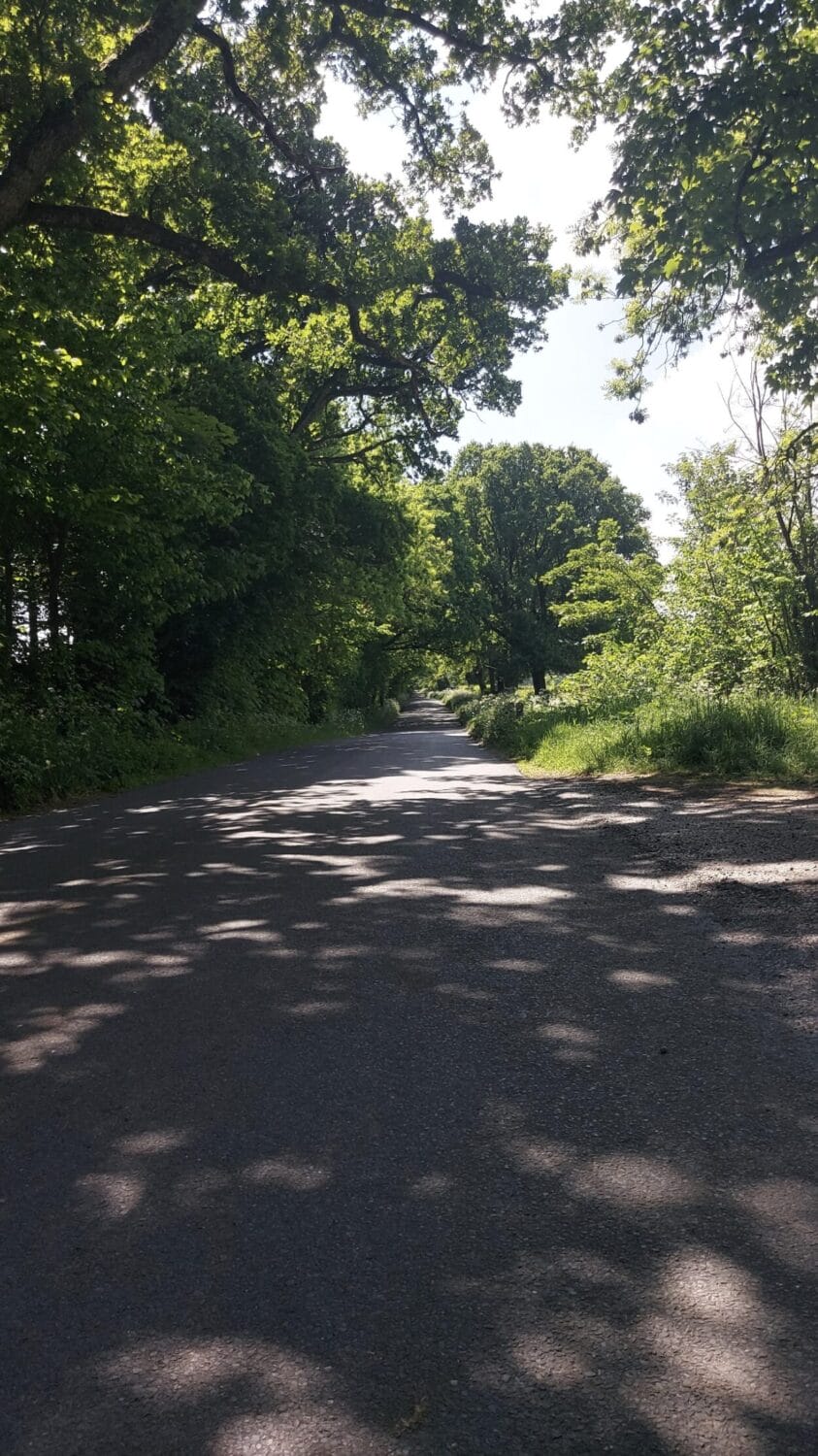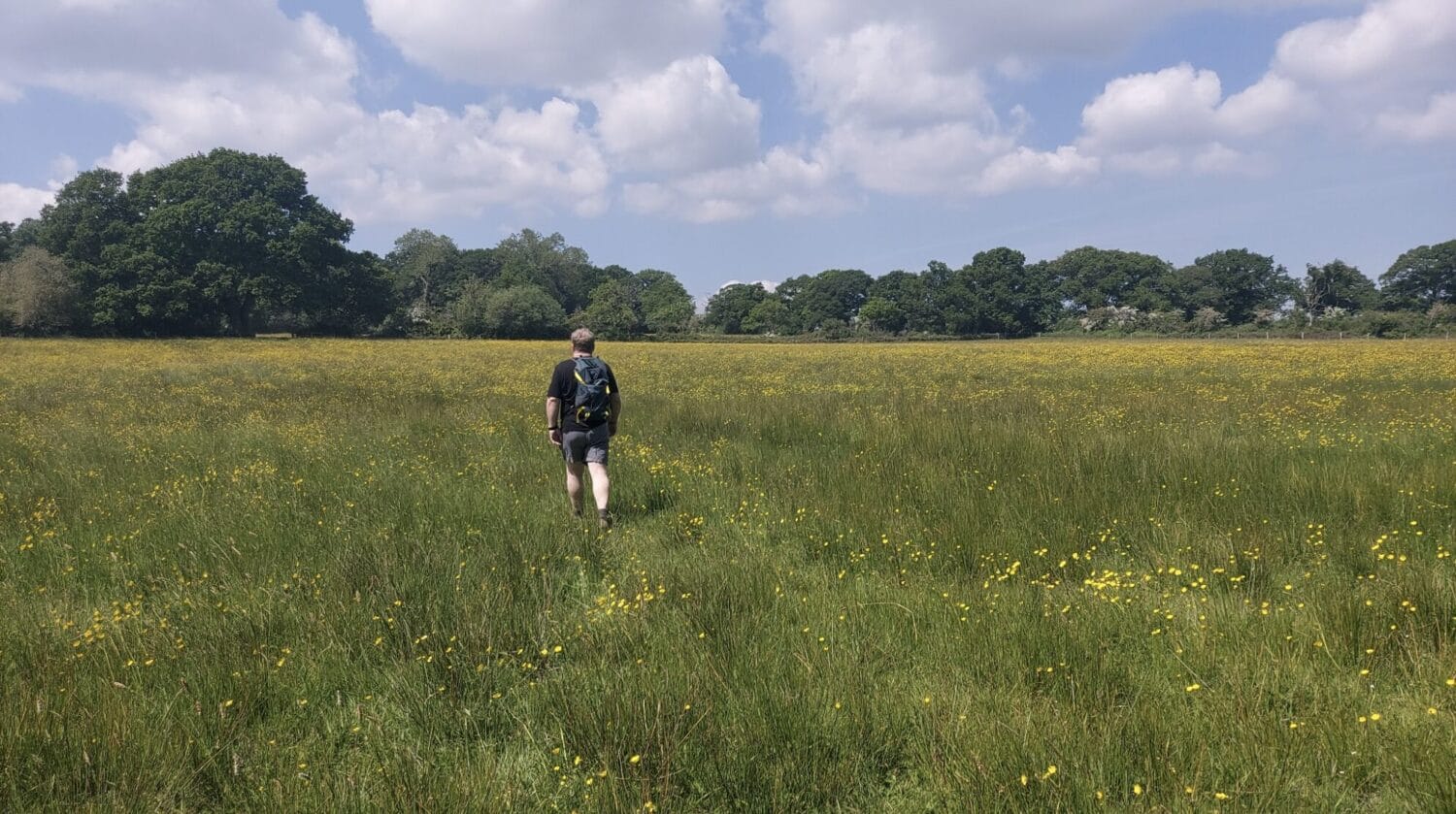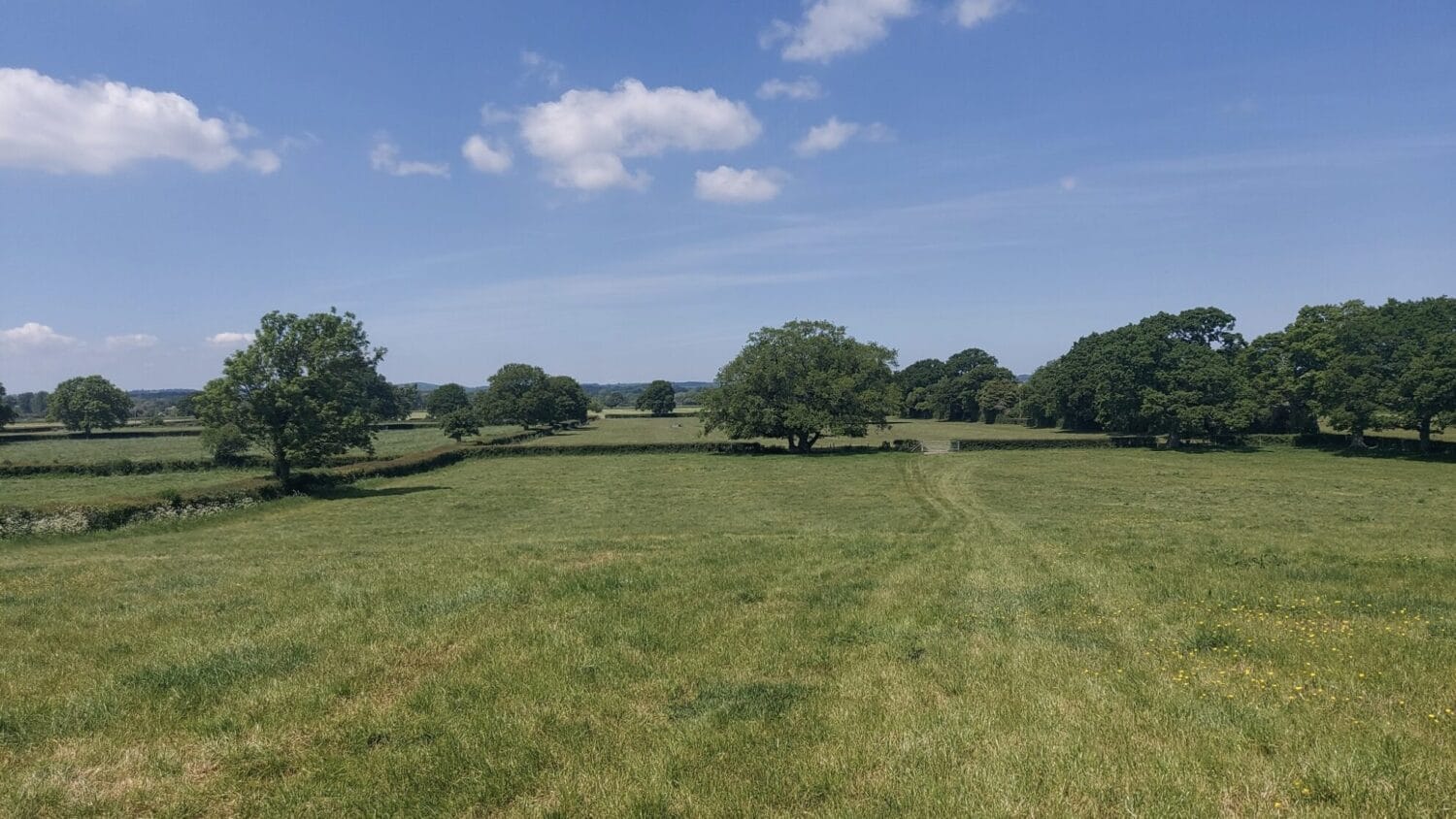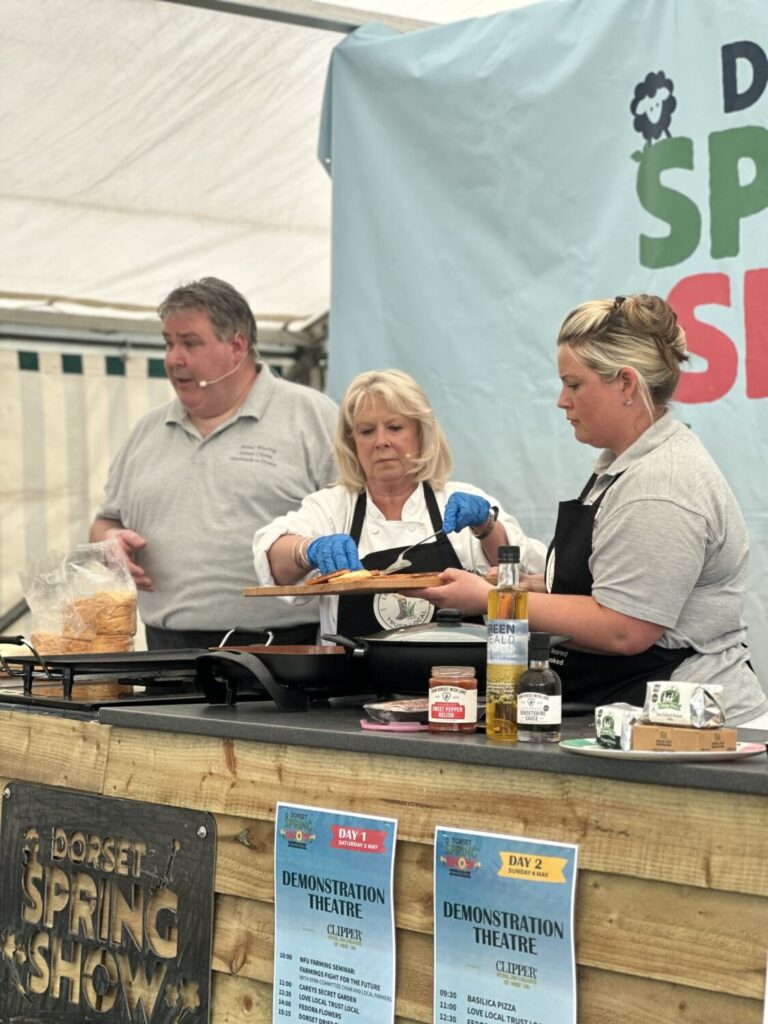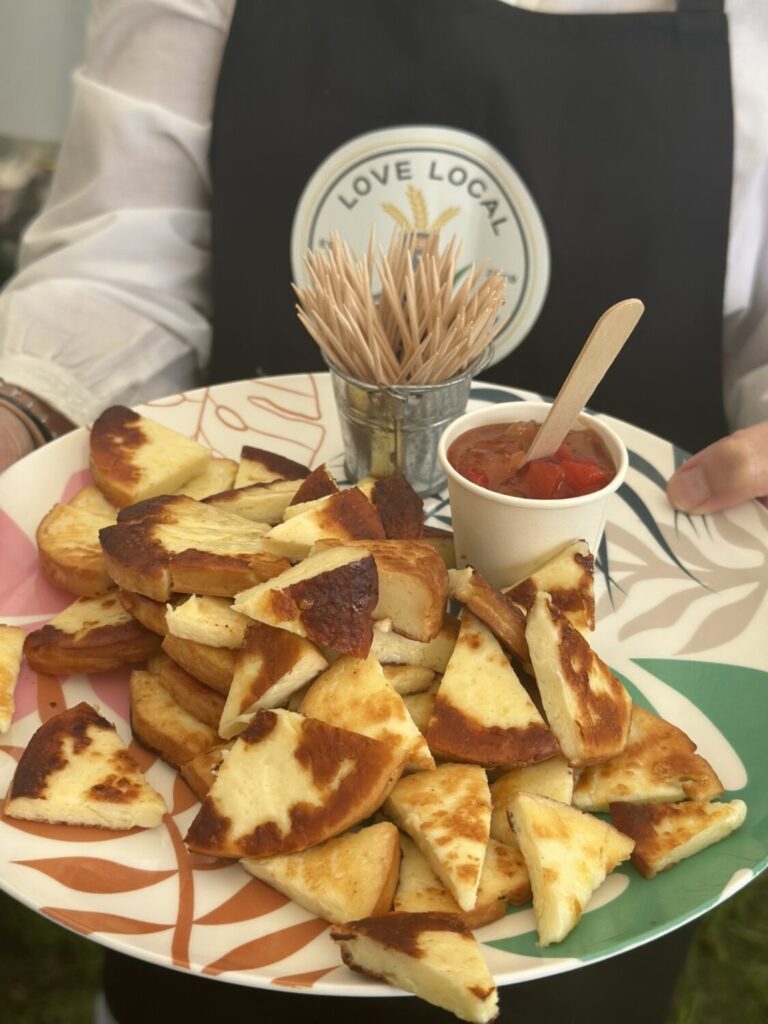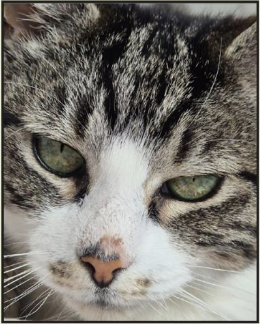
There is a new cat in the Hitchcock household.
It’s taken us a long time to get here. After we lost Pog we weren’t sure we could do it again. We live almost on a bend of a B-road that likes to pretend it’s an A-road at rush hour. On the other side: open fields. The siren call of hunting grounds. We couldn’t risk it.
I imagined an elderly retiree who’d potter from sunbeam to lap. But the daughter, who took many, many months to rebuild herself after losing her heart cat, couldn’t face falling in love with a cat she might lose all over again in a year or two.
Also: no black cats (we’ve had two) and no tuxedos (C’s irrational). And the cat obviously needed to be not too old, but old enough to have road sense, but not, you know, old-old.
Picky? Us?
After months of rejecting hundreds of rescue cats (feeling like the actual worst humans in the world), there he was: Bentley.
Seven years old. Found abandoned with infected teeth. Last known address: near a dual carriageway. Missing four teeth, dribbles when he purrs, desperately needs a safe place to become unafraid again.
We drove to Bath “just to look”. C rolled his eyes and reminded me to pick up a litter tray on the way home.
Bentley spent most of the first few weeks under the daughter’s bed – on it when she’s in it. He does not like shoes. Or people on the stairs. Or being downstairs. Or the office (upstairs). Or being carried. Or touched. Or breakfast being late. He does like Dreamies. And Lick-e-Lix. And the daughter.
He’s now started venturing out, bustling through the house like an anxious middle manager with a clipboard. We ache to scoop up his big, chunky, frightened body with its boxer-glove paws. But for now, the smallest of strokes is all he can manage – unless you’re the daughter, obviously.
Someone, somewhere, has hurt him. So we wait. We let him come to us. And that’s absolutely OK. However long it takes.
Laura x
On Mr Farage’s 10m migrants
I’ve been astonished recently by the number of people insisting that “millions of illegal immigrants” are responsible for breaking the NHS and the country. This myth seems to be gaining traction online, fuelled by Nigel Farage claiming there have been “over ten million illegal immigrants” in the UK over the last few years.
Well now.
According to the Office for National Statistics, the entire UK population is currently 69.14 million. That includes legal immigration and all UK births – with British births making up the vast majority of population growth. The total population increase over the last decade has been about three million. Even if all of that increase had come from immigration (which it hasn’t), we’re still nowhere near ten million.
As for “illegal immigrants”, or more properly “irregular arrivals” – the government’s own data shows that in 2024, just 38,784 people arrived via small boats* across the Channel. That’s 0.056% of the UK population. To put it another way, at that rate, it would take nearly 1,800 years for those arrivals to equal the size of the current British population. For context, around 68,000 people die from heart attacks in the UK each year.
So let’s be very clear: “illegal immigration” is not causing a population explosion. It is not swamping public services. It is not bankrupting the NHS.
What is happening is far more familiar – a politician is using fear and misinformation to build a platform. Mr Farage is far from the first to do so, but history tells us this tactic has very dark consequences when left unchallenged.
We desperately need honest conversations about migration, housing, the NHS and the future of rural communities. But we also need to base those conversations on facts, not fantasy.
*source on gov.uk
Edward J, Gillingham
On the closure of the day centres
As a mother to an adult son with additional needs, I read your article on the proposed closure of Dorset’s day centres with a heavy heart – and rising fury.
These centres aren’t just buildings. They’re lifelines. They provide safety, structure and familiarity for some of the most vulnerable people in our community. My son doesn’t need a pop-up session in a library or a ‘social’ in a pub. He needs a consistent space with trained staff who understand him – somewhere he belongs.
MP Simon Hoare hit the nail on the head: this proposal shows no understanding of the geography of North Dorset, or of the people it’s supposed to serve. Closing these centres will isolate users and heap more pressure on already stretched families.
This isn’t “modernising” care – it’s stripping it away. Dorset Council must think again.
Helen C, near Blandford
On the death of Philip Charlesworth
I was heartbroken and furious to read about Philip Charlesworth.
When a man is driven to take his own life because he fears what the government might do about a tax, something has gone badly wrong. This isn’t just a tragedy – it’s a disgrace.
People in offices talk about “tax efficiency” and “tapering reliefs” like they’re playing a game. On the ground, this is real life. Most farmers are land rich, cash poor – we can’t just sell a field to pay a bill without wrecking the whole farm.
The counter argument seems to basically be: “Why shouldn’t farmers pay tax? Nurses and dentists do.” But that misses the point entirely. Farming relies on owning and passing down enough land to keep a business viable. If you’re forced to sell it off, you may no longer have a working farm at all.
Most farmers aren’t making big profits. Spreading inheritance tax over ten years still isn’t possible if there’s no spare cash. Nurses and doctors (and we’re grateful for every one of them) don’t need to pass down land in order to do their jobs. Their wealth usually comes from salaries, pensions, rising house prices. Compare that with running a farm is like comparing chalk with cheese.
Jane S, by email
On the Dorset Insider
(Tick-box Planning, The BV, May 2025)
I don’t live in Dorset but the same applies to Somerset. Where is the ‘joined up thinking’, the ‘holistic approach’ and all the other buzzwords that amounted to nothing but suggest an approach that is definitely needed if these are to be sustainable communities? And don’t get me started on the house design. Ruled by greed.
Marcia Parkinson, Facebook
It’s not just Dorset. We were told by our Town Council in Somerset that developments can’t be objected to on the grounds of lack of local infrastructure. It’s a fundamental flaw in UK planning and absolutely ridiculous!
Holly Phillips, Facebook
No doubt replicated across the whole of the South West. Developer-led housing rather than local needs-led housing, with no genuine effort to build what we need, at prices we can afford.
Sadly we live in a world where profits override everything, and communities and the environment are given little or no consideration as the balance sheet is all that matters.
Our planning rules and the lack of any meaningful enforcement allow developers to bend the rules to suit themselves and on the whole the public sit and watch quietly as the West Country is destroyed.
Julie Chant
On Volunteering
I retired at the age of 70, and it only seemed right and proper with all this free time that I was going to have that I actually did some volunteering. Little did I know that free time during retirement is a fallacy – for some strange reason you seem to be busier than when you were at work. I’m three years in now and still trying to work out why.
I tried volunteering for several charities around North Dorset, but for one reason or another, they didn’t suit me. I eventually realised it was because I’d had a lifetime of attending a certain place at a certain time: I resented doing that once I was retired! Finally I tried hospital driving for The Friends of Blandford Hospital. I would really recommend it as a form of volunteering – you choose the jobs you accept, and you get to meet some really interesting people. So if you’re interested, give the friends of Blandford Hospital a call on 01258 450095.
Nigel Barrow, via email
Want to reply? Read something you feel needs commenting on? Our postbag is open! Please send emails to [email protected].
When writing, please include your full name and address; we will not print this, but do require it.


